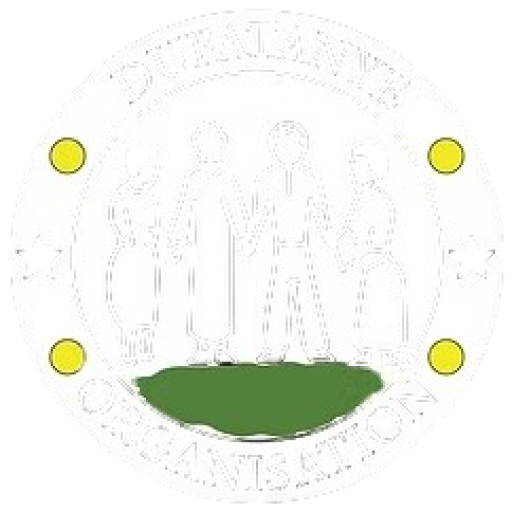Saving Skills Development Initiative
Saving skills refer to the ability to effectively set aside and manage money for future use, ensuring financial security and meeting long-term goals. These skills involve a combination of habits, strategies, and knowledge to prioritize saving and resist unnecessary spending. Key aspects of saving skills include:
- Budgeting: Tracking income and expenses to allocate a portion of earnings for savings.
- Setting Goals: Defining clear, realistic financial goals (e.g., emergency fund, retirement, a major purchase) and working towards them.
- Discipline: Regularly setting aside money, even small amounts, and making saving a consistent habit.
- Cutting Unnecessary Expenses: Identifying areas where spending can be reduced or eliminated to free up more money for savings.
- Building an Emergency Fund: Saving for unexpected expenses, such as medical bills or car repairs, to avoid financial stress in emergencies.
- Investing in Savings Tools: Using savings accounts, certificates of deposit (CDs), or other financial products that help grow savings over time.
At our Green Village of Hope across Karwiru, Kadusenyi, Kabisine, Nyabisindu, and Nyamagana B, mastering these saving skills is especially vital. By encouraging residents in these communities to develop effective saving habits, we aim to enhance their financial resilience, support sustainable livelihoods, and create a buffer against unforeseen challenges. By implementing these saving strategies, we contribute not only to individual well-being but also to the collective prosperity and sustainability of the Green Villages.
